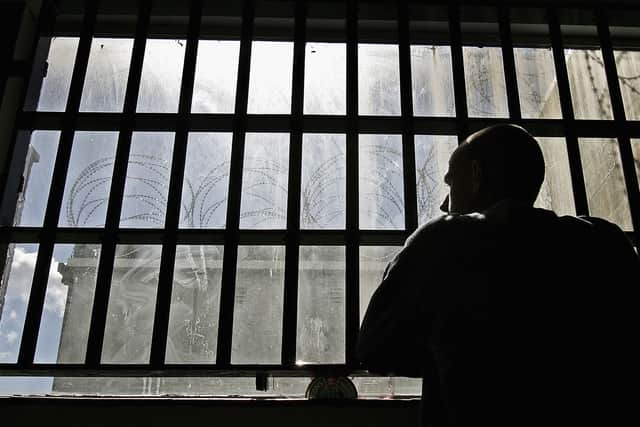
By Karyn McCluskey
Published 9th Sep 2024
When our digital world reduces debate to short soundbites, it’s hard to discuss serious issues like the recent decision to stop sending under-18s to prison
There is always something particularly unsettling when we see crimes committed by young people. There are news stories that loom so large in the public consciousness that the names of those involved are impossible to forget. It is because these crimes are so unusual that they remain lodged in our collective memory. Thankfully, they are vanishingly rare.
We’ll always have some complex young people who come to the attention of the justice system. Because of careful, dedicated research and expertise, such as the work of Susan McVie and Lesley McAra, who studied a large number of young people over many years, we know what contributes to young people entering the justice system, and more importantly what keeps them out. Yet a small number will continue to reach our doors.
The news last Monday that no more under-18s will be kept in prison has been a long time coming. Campaigned for vigorously by organisations, journalists and families alike, and backed up by the United Nations Convention on the Rights of the Child, it now means that no children will be held in Scottish prisons.
Wrong place for the young
I’ve had so many conversations since then with people who are not in favour of the change and it has been enlightening. So many of us consume news in bite-sized chunks, from X/Twitter, Facebook, occasionally newspapers, but less so from broadcast news.
Scotland’s prisons are a human rights disaster in the making
Dainty soundbites might be easy to swallow, but the lack of in-depth reporting or nuance – especially on social media – does little to help us have these mature public debates. I’ve appreciated the opportunity of speaking about why prison is fundamentally the wrong place for the young and sharing what is being done to manage risks and what the future of justice could look like. Every contact leaves a trace, and young lives are lost or changed forever the moment they pass through prison doors – despite heroic attempts by prison staff.

Prison is no place for under-18s (Picture: Peter Macdiarmid) | Getty Images
The fast news cycle means that an invite onto TV might be three to five minutes, which is no time really, not to explore the complexity of justice or what to do to improve it. It’s no wonder people have kneejerk reactions to announcements when it’s presented with little context or background.
Barking into cyberspace
How do we engage with complex issues like justice, when our digital world reduces everything to binary code? Barking into cyberspace seems rather futile, lacking as it does nuance and the ability to disagree well. Personally, I rather like the radio, people have it on in the background, information filtering in as we do other things. I find it a better way of communicating, longer slots allowing you to get a message across more completely.
Yet, in truth I prefer a more analogue approach – which will sound old fashioned to all the Gen Zers and Alphas who live life online. But we must build trust with each other again, engage with and listen to each other more thoughtfully if we are to feel our way through modern ‘wicked’ problems.
I can think of no other way to do that than to be physically together. So join me and my Luddite revolution and let’s sit down together, face-to-face where we can look at each other and connect, listen, explain and understand.
Karyn McCluskey is chief executive of Community Justice Scotland
No comments:
Post a Comment